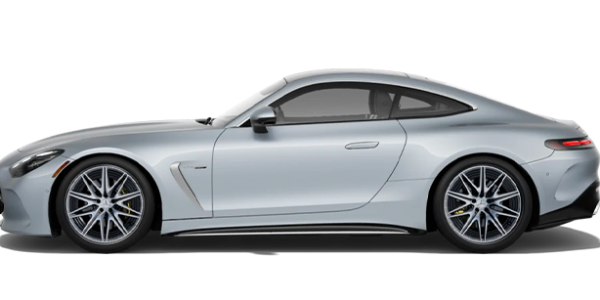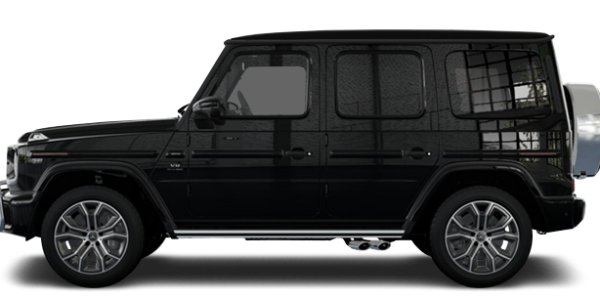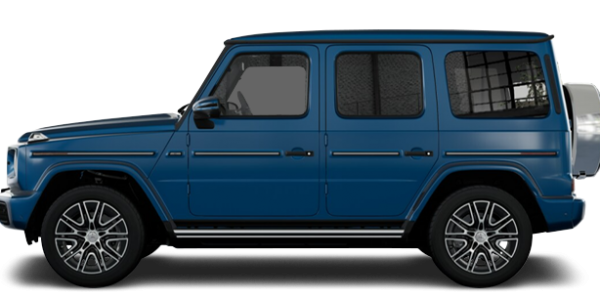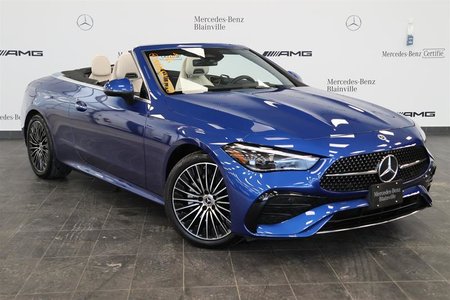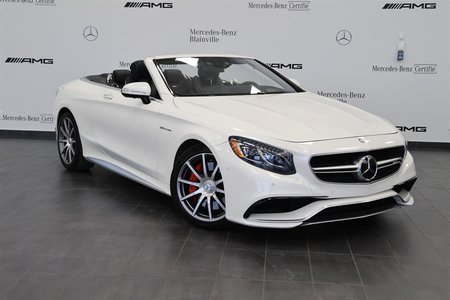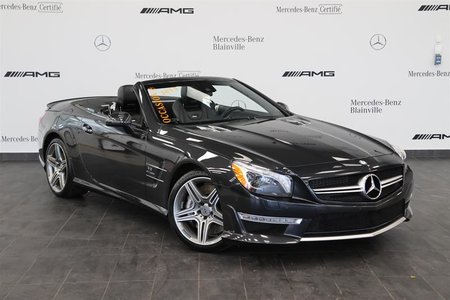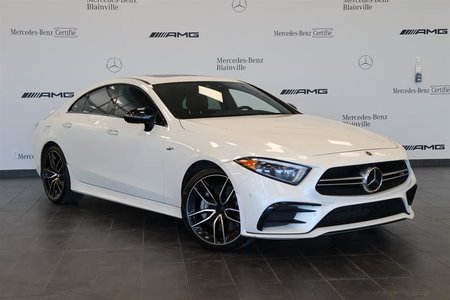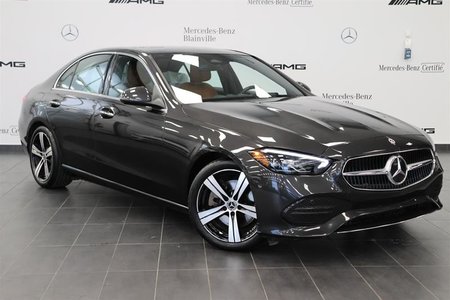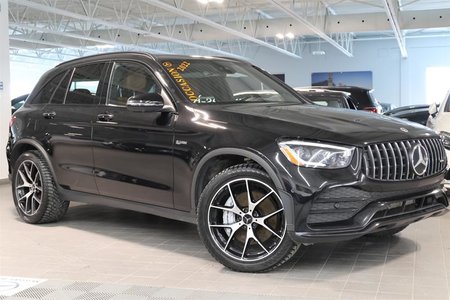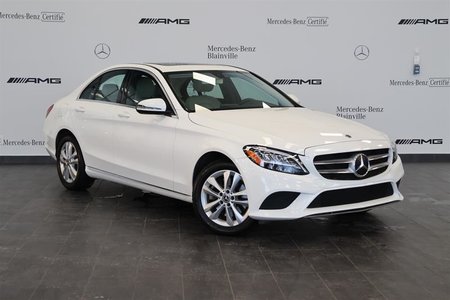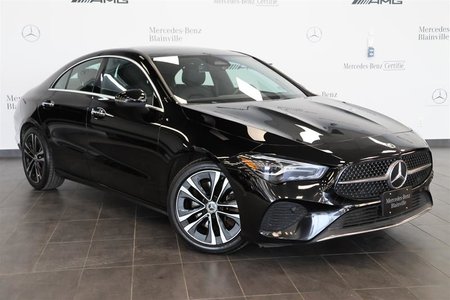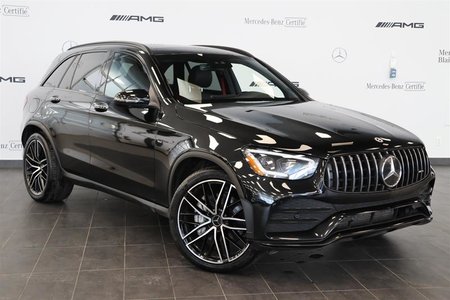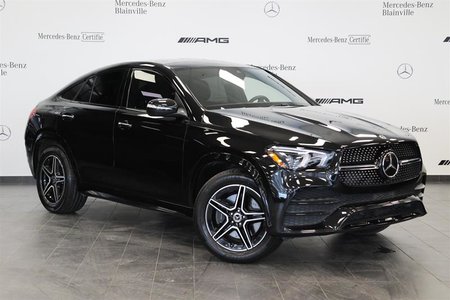
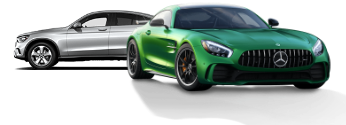
Performance vehicles with a sporting heritage, assertive style, and the promise of pure exhilaration.
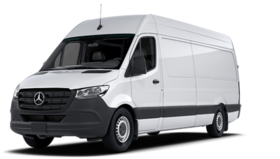
Explore the Mercedes-Benz Vans models, perfectly engineered to keep you and your business running smoothly.
Browse our pre-owned vehicle inventories.
Live the Mercedes-Benz Blainville experience.
Welcome to Mercedes-Benz Blainville, member of the Hamel Group, your dealer of choice for the purchase of a Mercedes-Benz product or for the maintenance of your vehicle on the North Shore of Montreal. At Mercedes-Benz Blainville, we are always at your disposal to help you find the perfect vehicle for you, your family, and your needs.
We truly do everything we can to ensure your satisfaction and to make sure your visit is memorable. Come meet us today for a unique and upscale dealership experience.
A story of passion.
At Mercedes-Benz Blainville, passion is at the heart of everything we do. Whether it is the passion of our sales representatives who wish to help you find the right Mercedes-Benz for you, or the passion of our technicians who preserve the performance and value of your Mercedes-Benz, the dynamic environment found at Mercedes-Benz Blainville is sure to charm you.
Come in today and discover our vast inventory of new Mercedes-Benz vehicles. We also have several pre-owned Mercedes-Benz, Sprinter, and Metris models available.
Service is our priority.
At Mercedes-Benz Blainville, service is our top priority. We will make every effort to ensure that you’re satisfied when you visit us. When you come for service or for maintenance, our team of specialists will treat you like a member of the family. Respect and dedication to our customers are the priority at Mercedes-Benz Blainville.
Come meet us today to learn more about our Mercedes-Benz products.
Learn more












